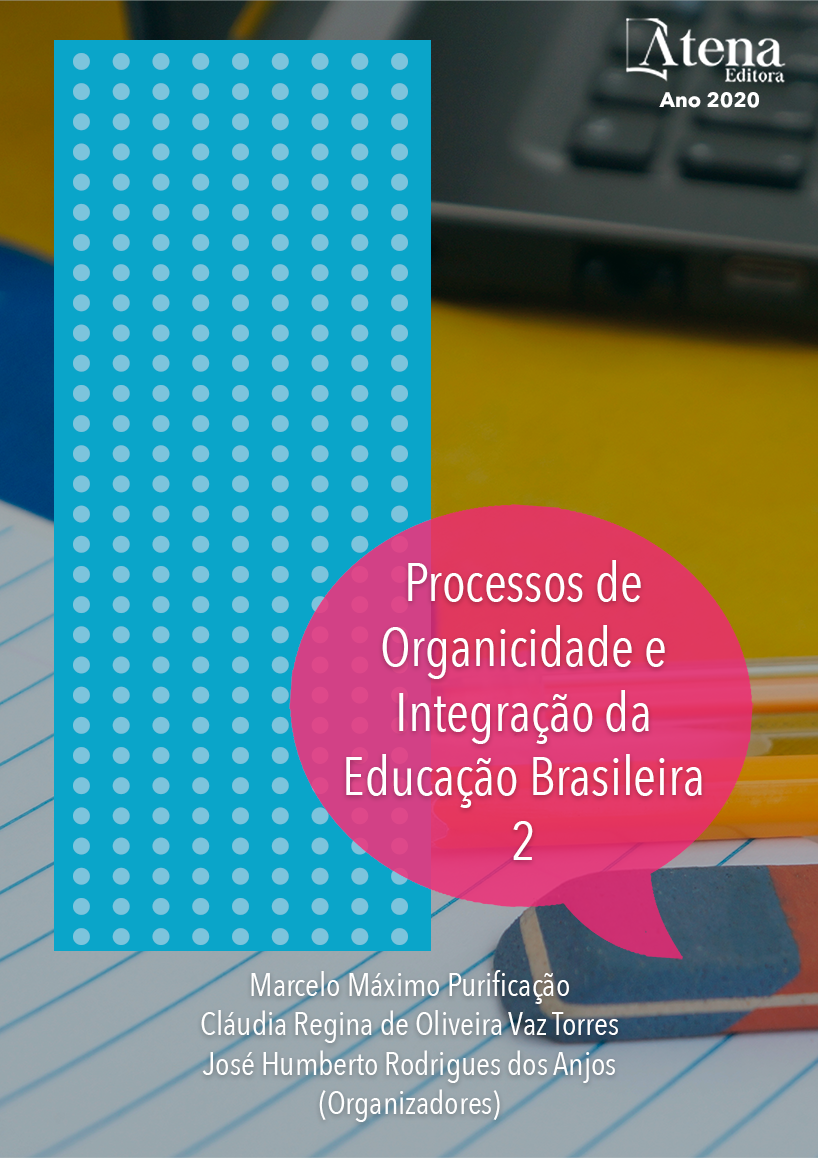
METODOLOGIA DE ENSINO E APRENDIZAGEM POR EXPERIMENTOS NO CURSO SUPERIOR DE TECNOLOGIA EM SOLDAGEM DA FATEC-SP
Resumo: O artigo surgiu da reflexão de docentes e aluno da disciplina Tecnologia de Processos de Soldagem e Corte III (Prática) - TPSCIII (P), no contexto do Curso Superior em Tecnologia em Soldagem da Faculdade de Tecnologia de São Paulo – FATEC-SP, durante o primeiro semestre letivo de 2019. O objetivo foi avaliar a eficácia e que medida os alunos avaliam seu grau de aprendizagem do conteúdo da disciplina através da utilização do método de ensino-aprendizagem experimental, bem como consolidar formas de incrementar o aprendizado nas aulas da referida disciplina.Foi realizada uma pesquisa quantiquali utilizando o método descritivo e adotadas as técnicas de pesquisa bibliográfica e pesquisa de campo, a partir da coleta de dados por meio de um questionário com dez questões composto por perguntas fechadas com escala não Lickert e perguntas abertas. Os resultados obtidos atestam a eficácia das aulas experimentais através dos relatos dos alunos aprovados na disciplina. Pode-se concluir que o método experimental é eficaz para o ensino de Tecnologia de Soldagem, proporciona compreensão da teoria, favorece o raciocínio e elimina a passividade dos alunos. Identificou-se necessidade de fornecer aos alunos um roteiro mais detalhado para realização dos experimentos e da organização das aulas para melhoria das atividades, a serem implantadas nospróximos semestres.
METODOLOGIA DE ENSINO E APRENDIZAGEM POR EXPERIMENTOS NO CURSO SUPERIOR DE TECNOLOGIA EM SOLDAGEM DA FATEC-SP
-
DOI: 10.22533/at.ed.55820290617
-
Palavras-chave: Experimentos, FATEC SP, Soldagem, Educação, Metdologia Ativa
-
Keywords: stem; fatec-sp; Vocational Educational; Active Methodologies; Experimental by Learning.
-
Abstract:
Abstract: The article emerge from the reflection of professors and student of the discipline Technology of Welding and Cutting Processes III (Practice) - TPSCIII (P), in the context of the Higher Course in Welding Technology at the Faculty of Technology of São Paulo - FATEC-SP, during the first academic semester of 2019. The objective was to identify the depth of learning about the content of the discipline resulting from the use of the experimental teaching-learning method in the opinion of the students, as well as to find ways to increase learning for the next classes. Quantitative research was carried out using the descriptive method and bibliographic research and field research techniques were adopted, based on data collection through a questionnaire with ten questions composed of closed questions with a non-Lickert scale and open questions. The results obtained attest to the effectiveness of the experimental classes through the reports of students approved in the discipline. It can be concluded that the experimental method is effective for teaching Welding Technology, provides understanding of the theory, favors reasoning and eliminates students' passivity. It was identified the need to provide students with a more detailed script for carrying out experiments and organizing classes to improve activities and implemented in the next semesters.
-
Número de páginas: 9
- Sérgio Pambokiam
- Bacharel Alexandre Benfica
- Marcos Antonio Tremonti


